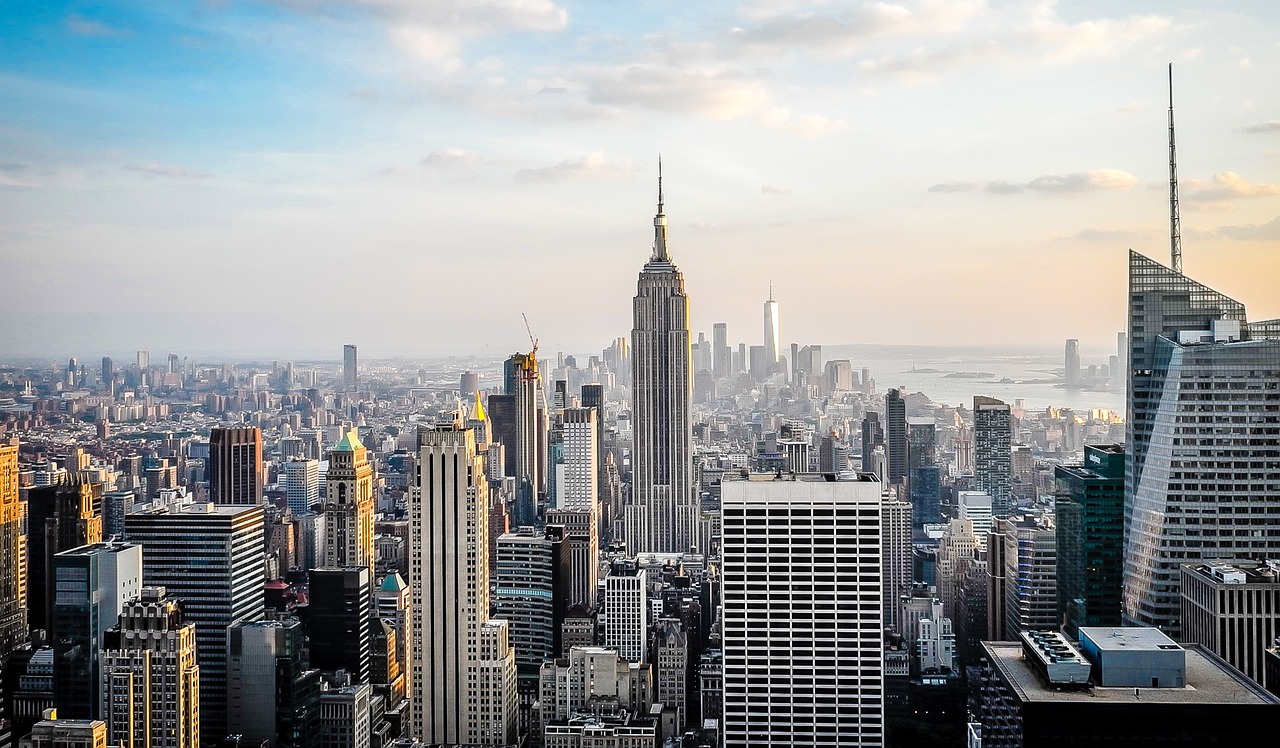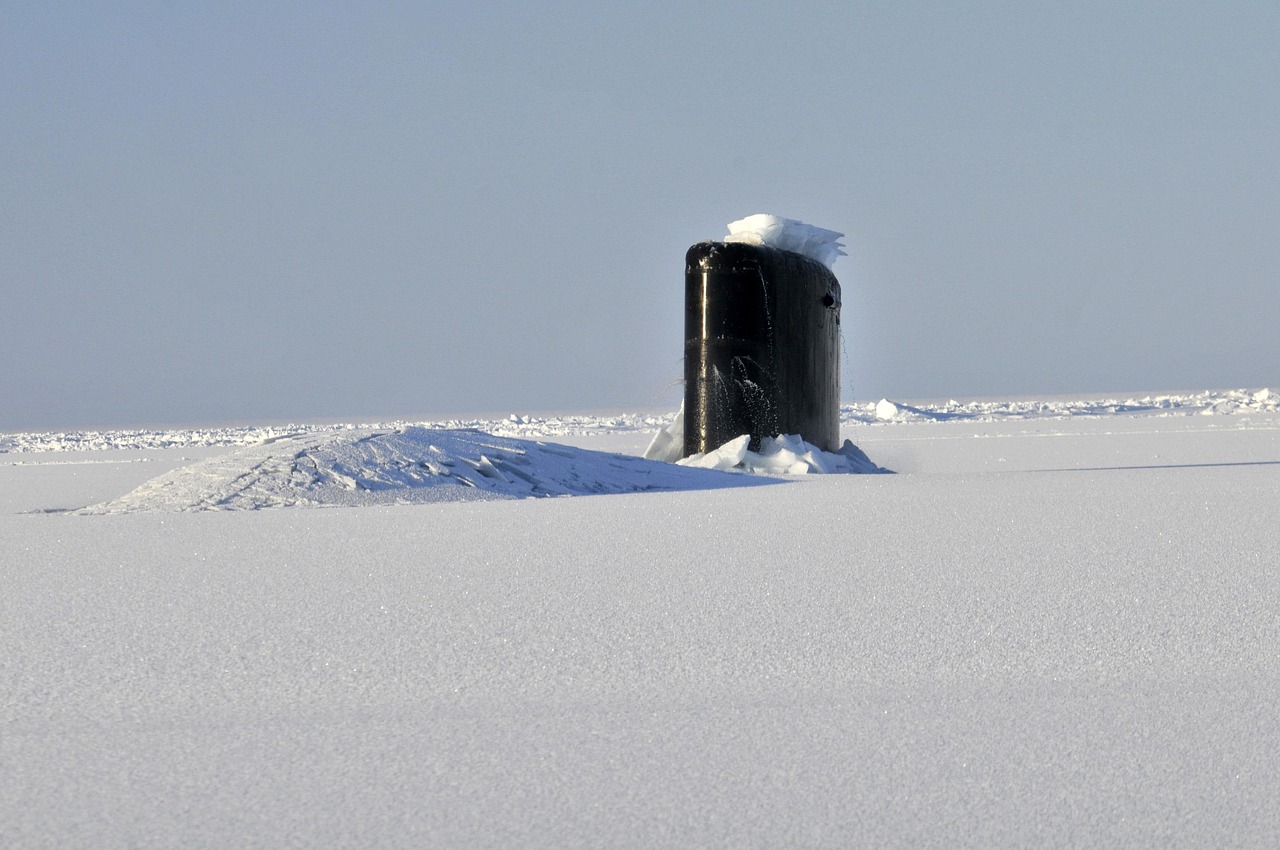
military involvement in elections integrity
As the 2026 election cycle approaches, blue state governors are raising serious alarms about the potential use of military forces to influence or disrupt democratic processes. Governors J.B.
Pritzker of Illinois and Gavin Newsom of California have publicly expressed their apprehensions regarding President Donald Trump’s deployments of National Guard troops to major urban centers, including Chicago, Los Angeles, and Washington D.C, especially regarding military involvement in elections, including election integrity applications, including National Guard deployments applications, including military involvement in elections applications. These deployments, while officially framed as crime-fighting measures, are viewed by these leaders as strategic moves that could undermine election integrity. Governor Pritzker warned that pre-positioning troops creates a platform for the federal government to claim election irregularities and potentially seize control of local voting operations, a scenario reminiscent of authoritarian tactics seen in historical regimes (Tim Dickinson, 2025).
Governor Newsom echoed these concerns, specifically highlighting the extension of National Guard deployments in California through Election Day. He emphasized that the presence of military personnel at polling locations could intimidate voters and suppress turnout, particularly in cities where opposition to Trump’s policies is strongest, particularly in military involvement in elections, especially regarding election integrity in the context of National Guard deployments.
The deployment of federalized National Guard units, alongside agents from ICE and Border Patrol, raises the specter of state-on-state conflict within the United States. Such actions risk eroding the foundational principle that elections are administered locally and free from federal military interference (Tim Dickinson, 2025).
military involvement in elections
The involvement of military forces in domestic elections is not only controversial but likely illegal under current U.S. law.
The Posse Comitatus Act explicitly restricts the use of the U.S in the context of military involvement in elections, especially regarding election integrity, particularly in National Guard deployments, especially regarding military involvement in elections, particularly in election integrity, particularly in National Guard deployments. military in civilian law enforcement, including election oversight. Recently, a district court ruled that Trump’s deployment of National Guard troops in California violates this act, characterizing the forces as a de facto national police force under presidential control.
Although this ruling has been appealed and temporarily stayed, it underscores the legal challenges and constitutional risks posed by these deployments (Tim Dickinson, 2025). Experts in election law stress that any attempt by the president to use armed forces to influence or prevent free and fair elections would amount to a coup against American democracy, especially regarding military involvement in elections, especially regarding election integrity, especially regarding National Guard deployments.
Liza Goitein, senior director at the Brennan Center for Justice, emphasized that no legal authority permits the president to deploy military forces for election interference. The scenario being painted by some Trump allies—where emergency powers might be invoked to justify federal intervention in elections—could be a dangerous step toward authoritarianism. This potential erosion of democratic norms demands vigilance from the public and institutions alike (Tim Dickinson, 2025).

military involvement in elections integrity
Governors like Pritzker have drawn parallels between current events and historical authoritarian regimes. The strategy of manufacturing chaos to justify military intervention has been a hallmark of many dictatorships.
By provoking or amplifying crises, leaders can position themselves as necessary stabilizers, thereby consolidating power at the expense of democratic institutions, including military involvement in elections applications, particularly in election integrity in the context of National Guard deployments. Trump’s rhetoric, which at times flirts with authoritarian imagery and dismisses criticism by mocking labels like “dictator,” fuels concerns that these tactics are not accidental but deliberate (Tim Dickinson, 2025). The chilling warning from Pritzker urges Americans to consider what might follow if the populace becomes desensitized to the current “atrocities committed under the color of law.” The normalization of such actions could pave the way for more overt erosions of freedom and legal protections, especially regarding military involvement in elections in the context of election integrity, especially regarding National Guard deployments.
This historical context serves as both a cautionary tale and a call to action to safeguard the integrity of elections and the rule of law (Tim Dickinson, 2025).
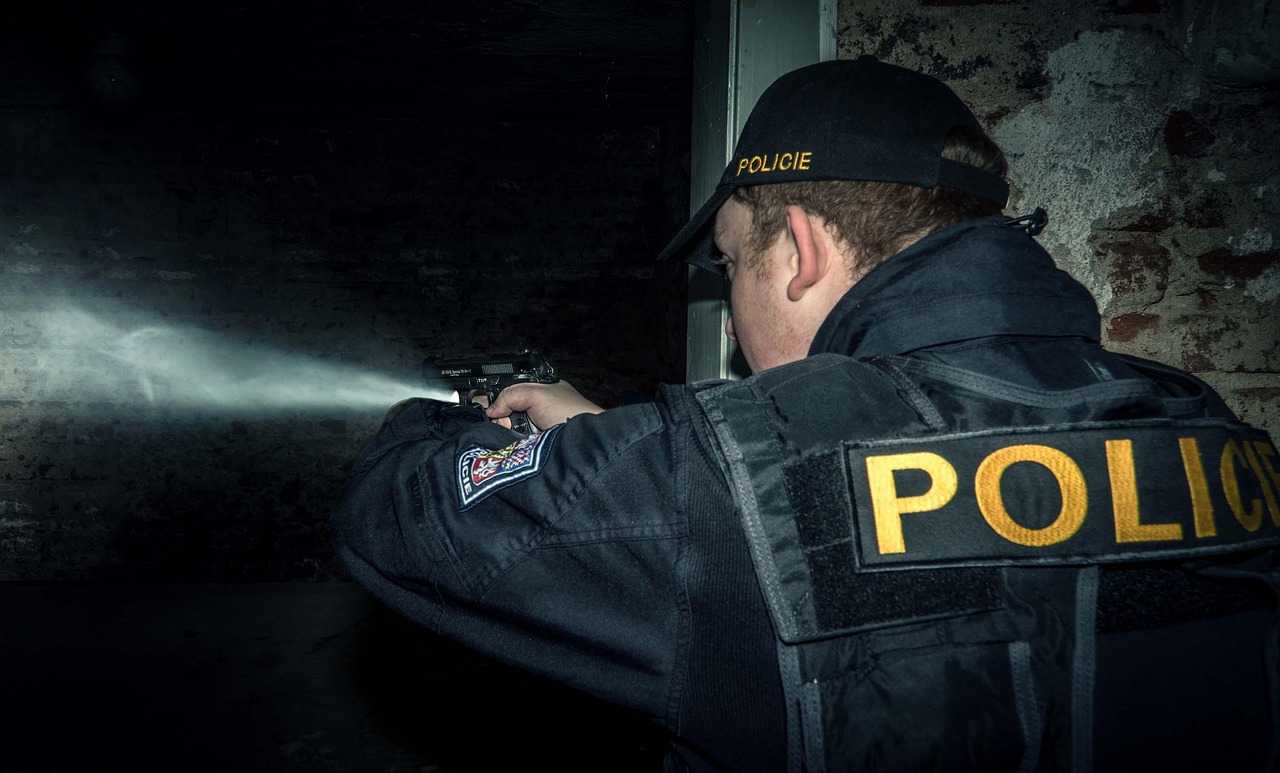
vote-by-mail election integrity
If vote-by-mail is restricted or eliminated, the combined effect with military presence at polling stations could severely depress voter turnout, especially in urban areas where opposition to Trump’s policies is concentrated. This dual approach—undermining remote voting options and intimidating in-person voters—represents a strategic threat to electoral participation and fairness (Tim Dickinson, 2025) in the context of military involvement in elections, especially regarding election integrity, including National Guard deployments applications.
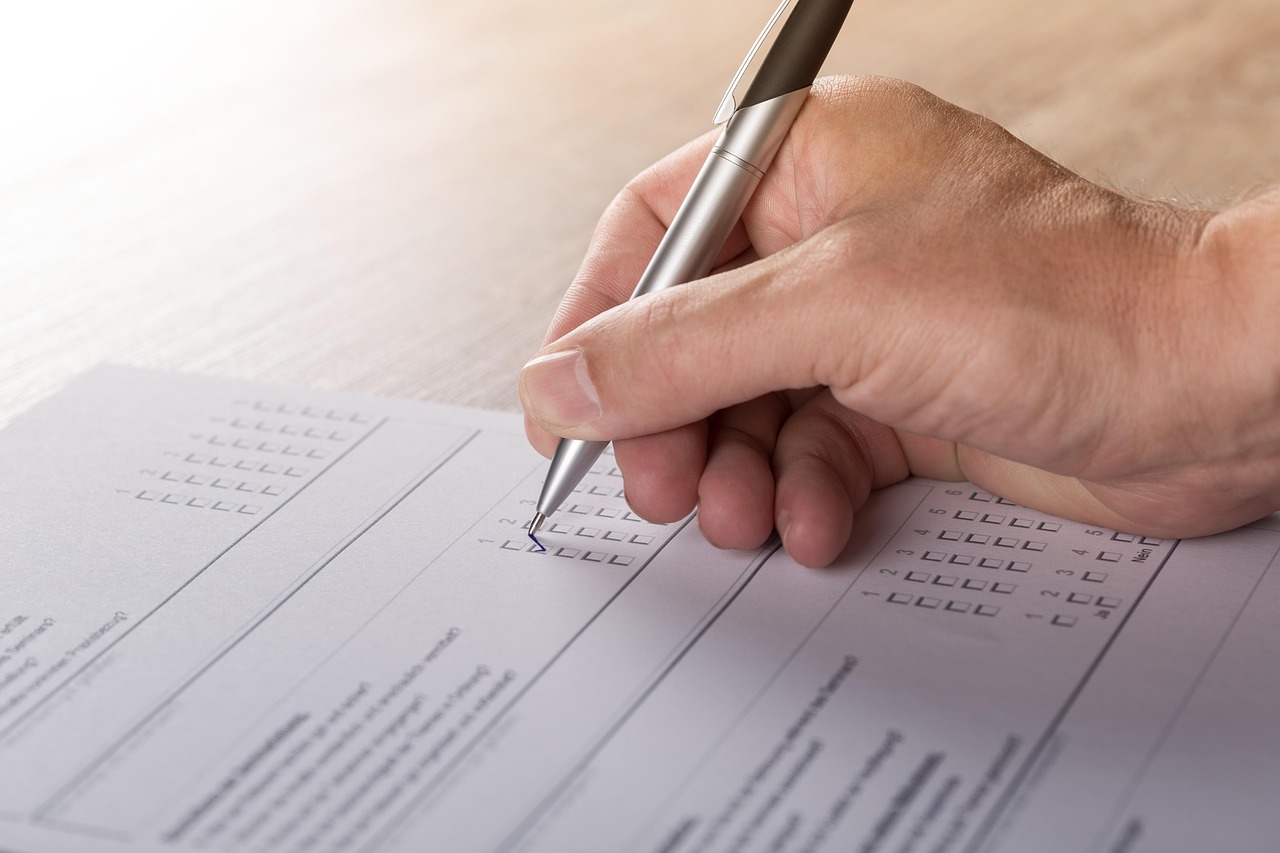
Finding Lucinda Lucinda Williams artistic
In a striking cultural contrast to the political tensions described, the new documentary Finding Lucinda offers an intimate look at the enduring creative spirit of singer-songwriter Lucinda Williams. Premiering September 9, the film explores Williams’ journey in balancing artistic creation with personal growth and psychological resilience.
Williams candidly discusses the internal struggles that accompany the process of making art and learning to accept oneself, especially regarding military involvement in elections, including election integrity applications, particularly in National Guard deployments. The documentary also follows emerging artist Ismay, who embarks on a pilgrimage through the American South, engaging with fellow musicians and uncovering the deep roots of musical storytelling. This journey of artistic discovery highlights the importance of cultural expression and connection in times when social and political environments feel fraught (Joseph Hudak, 2025).

art resilience documentary tour
Complementing the documentary’s release, a live tour featuring screenings and performances by artists like Steve Earle and Jimmie Dale Gilmore will traverse the country. This tour represents more than entertainment; it’s a reminder of how art can foster solidarity and resilience.
The creative community’s ability to confront personal and societal challenges through music and storytelling stands in stark contrast to the divisive and authoritarian threats facing democratic institutions, especially regarding military involvement in elections, particularly in election integrity, particularly in National Guard deployments. In an era where political discourse often centers on conflict and control, the Finding Lucinda project underscores the enduring human capacity for empathy, reflection, and renewal. The tour’s ensemble of musicians and the film’s narrative invite audiences to consider how art sustains identity and hope, even under pressure (Joseph Hudak, 2025).
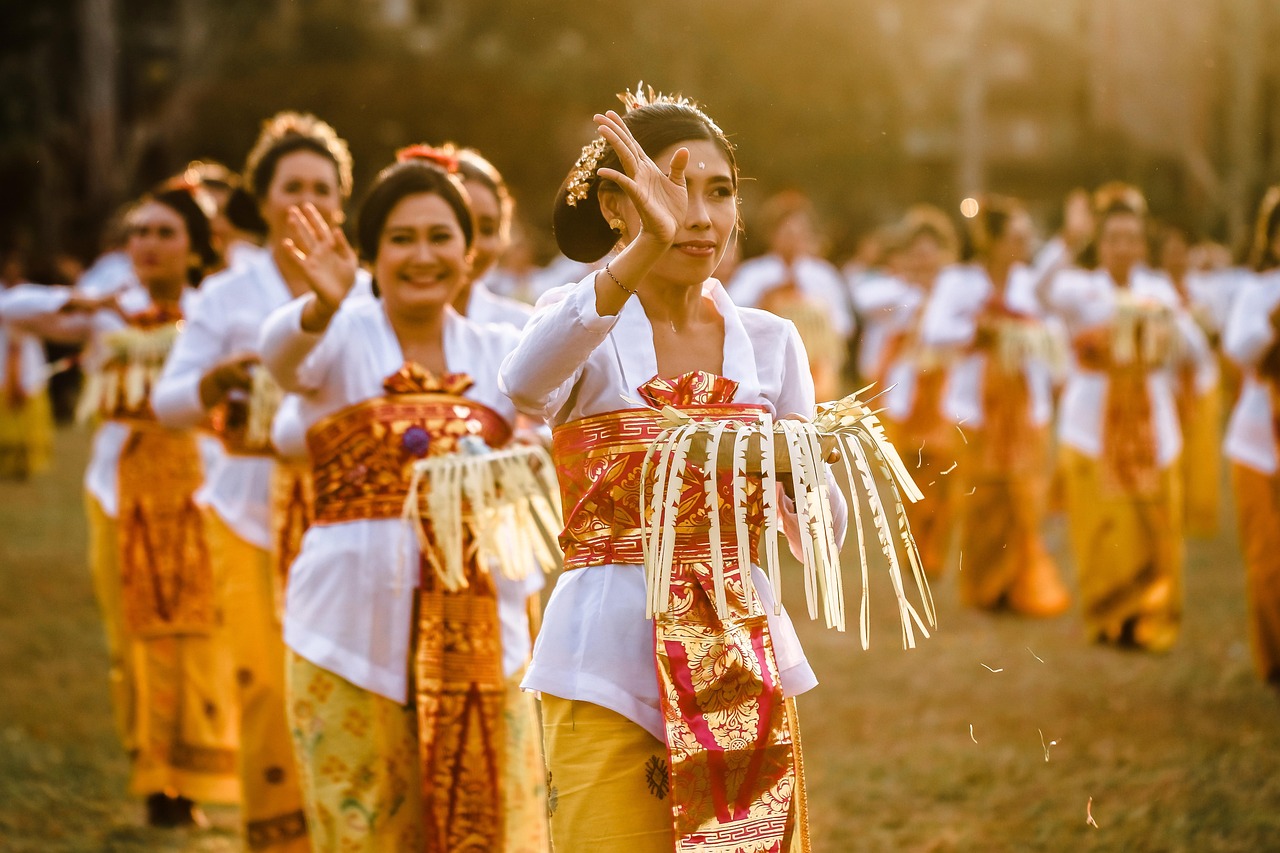
democracy and artistic expression
Taken together, the warnings from political leaders and the emergence of cultural projects like Finding Lucinda illustrate a nation grappling with competing forces. On one hand, there is an urgent need to protect democratic processes from overreach and authoritarian impulses.
On the other, artists and storytellers are navigating their own challenges, striving to create meaning and connection. These dual narratives highlight the complexity of the American experience today, especially regarding military involvement in elections in the context of election integrity, especially regarding National Guard deployments. Political vigilance and cultural engagement both serve crucial roles in shaping how the country moves forward.
Understanding the threats to democracy alongside the power of artistic expression provides a fuller picture of resilience and resistance in a polarized era.
How are you?
The future of American democracy depends on awareness, active participation, and the preservation of spaces for free expression—whether in the voting booth or through the arts, especially regarding military involvement in elections, especially regarding election integrity, particularly in National Guard deployments. The coming months will test these foundations, making it essential for citizens to stay informed and involved.
